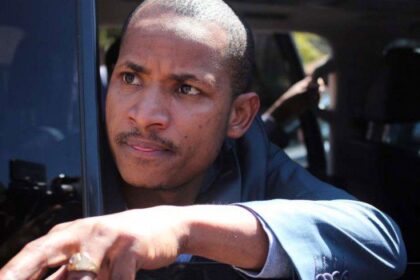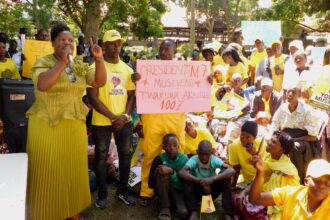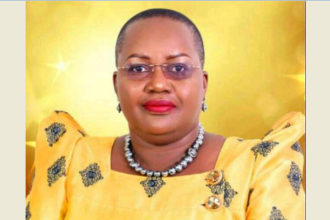In my recent post I wrote about the need to specialize as one of the tricks for a journalist to get financial independence. Today I want to add on a few notes on how a reporter can excel as an investigative journalist.
I was blessed to listen to Mike Ssegawa, a former editor at the Daily Monitor. (Now owner of the #WatchDog Communications). He was presenting to the media club in Masaka and his piece contained a lot of practical experiences from the newsroom.
I was in particular interested in hearing him talk about the daily newsroom life and what an editor looks for in an investigative story. His words were a kind of parental guidance filled with old wisdom.
As journalists we are supposed to hold the powerful accountable. We are supposed to check the excesses that may cause abuse of power. Note the phrase; “abuse of power”. The challenge is that some of the information we need to have to hold these people accountable is carefully hidden and protected by (sometimes) professional Public relations managers (information managers). It requires a more powerful mind to hack into the systems used to hide the tools used in abusing power.
That is why as journalists we need to work like professional investigative officers. As a matter of practice, we will need to open case files for particular investigative projects like police officers do. This is the time when we need to have files in our newsrooms to help us track these cases.
When you visit the police for instance, you will find that every case has its own file. This file is not closed until when it has been fully investigated. Even after that, it may be reopened if new information emerges.
If your editor can’t introduce this file system in the newsroom, then you as a reporter should have your own system at home or on your computer. Forgive the editors, they are human beings and most of them are subject to investigations themselves! Don’t you think some of them deserve to be good husbands and wives at home rather than working as news managers? (Just thinking aloud).
Best practice dictates that when you open up a file on a case, you must add onto that file each new information that you get. Analyze every information that you get to see how it relates with the information you have so far. This is better than just keeping a notebook! Mark all your exhibits and keep them secure. You may need them one day, perhaps in courts of law if anyone challenges your report. Just like a police officer, look for information to support your story, you should also keep in mind that this is not just a news story. It is a legal process which may end up in courts of law. Thus, gather enough evidence to prove your case beyond reasonable doubt.
The burden of proof in your investigative piece must go beyond a balance of probability because it is a criminal case.
Remember always that the people you want to hold accountable have power and you want to prevent them from misusing this power. Your ability to go beyond the balance of probability will protect you against this misuse of power as these people may want to prevent you from exposing them. Note that among the tools they use is the law and all the legal system. (or the illegal systems thereof).
Just like Mike told a media club in Masaka, investigative journalism is a community service. Don’t do it for you. Don’t take any sides while investigative your cases. Facts may change anytime and you turn out to be the loser. Do it for the community not for you. For instance, don’t investigate because you want to bring someone down. Investigate because you want to create a better life in your community. This will give you more protection.
Lastly, always remember that as you invest in Investigative journalism- focus on the need to improve your financial status. Gone are the days when journalists were the poorest lot. Your ability to specialize will help you to easily change your financial status and improve your household income. For instance, specialization will make you an expert in a certain field and for this you will either be a consultant or even invest yourself in that field. Think about the media awards, you can’t get them if you don’t specialize- they are highly competitive and a reserve of serious people only. Go for them! Don’t forget the respect you will get from your news manager!
So… are we now ready to organize our newsrooms like police CID? Yes, like those CIA guys you watch in American propaganda movies!
#CowardsDontGetRich, #Okhutu, #WealthSecrets
Do you have a story in your community or an opinion to share with us: Email us at Submit an Article






